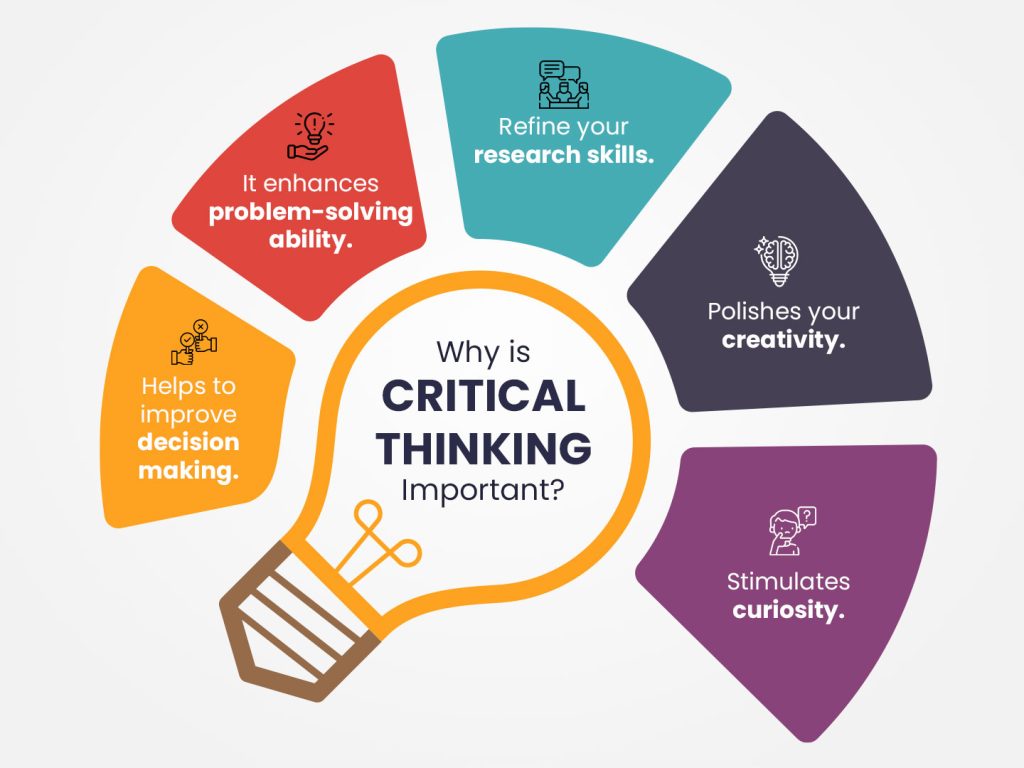Learn HOW to think not WHAT to think.
Effective tutoring is the means by which knowledge and skills are transferred in a way that enables the student to apply them confidently in a variety of contexts. This is learning HOW to think. There is a recognised hierarchy of thought which can be summarised as:
- Remembering
- Understanding
- Applying
- Analysing
- Evaluating
- Creating
Following a set process:
I will use the analogy of Lego at this point. Following an instruction booklet to build a Lego model requires a basic skill set. You need to know how to identify pieces and connect them in a sequential way, and in terms of maths both at GCSE and A-Level, this is akin to following a series of steps to obtain a final result. Students need to learn this, but it’s only a part of the journey.
Imagine if you had a pre-built model but no instruction booklet. This would involve the reverse process, dismantling the model in a logical way, and recording the steps as you do so. The difference here is there is no set way to do this, and every person would find their own unique method. Mathematically, a student could have a worked solution to a problem but it may be incomplete or contain errors. This is a more complex skill and builds upon a student’s understanding of pre-learned processes.
The Lego analogy is about the connectivity of concepts and ideas. All the pieces of a model can fit together in myriad different ways, constrained only by imagination. Maths is very similar. All the tools and concepts learned in maths can be applied to a problem in multiple ways, and similarly, questions in exam papers can be constructed in as many ways as there are combinations of Lego bricks in the box.
Learning HOW to think:
There is always THAT question, or THAT paper which catches out even the most prepared student. This is far more likely to happen if a student has received, for example, maths tuition on what to expect or how to tackle a specific problem. The further along the education journey you are, the more scope for variation arises.
At GCSE, a student in maths, for example, can achieve a grade 9 by working hard on past papers to ensure a “complete” set of responses to all potential questions. Until, of course, there is a new set of examiners creating questions in unfamiliar ways! At A-Level years of experience have taught me that a grade 9 GCSE maths student isn’t necessarily an A-grade A-Level student. If they have been taught WHAT they need to KNOW to pass, then they will be at a huge disadvantage during the next phase of their journey. Learning HOW to think is the key to having the critical thinking skills needed to navigate challenging problems that seem unfamiliar.
Learning HOW to Think promotes students’ ability in the following key areas:
- Builds critical thinking, reasoning, and problem-solving.
- Encourages students to analyse, evaluate, and synthesize information.
- Develops the ability to ask questions, challenge assumptions, and think independently.
- Prepares learners to adapt to new information and complex situations.
- Promotes intellectual autonomy.
- Builds resilience against unfamiliar context.
- Empowers lifelong learning and adaptability.
Teaching HOW to think:
Teaching HOW to think, however, is a very difficult skill and requires years of experience and exceptional subject knowledge. The following strands should be commonplace in lesson structure to build student resilience and foster critical thinking:
- Use of Socratic questioning: Ask open-ended questions that stimulate deeper thought.
- Encourage the discussion of ideas, not just rote delivery of content.
- Use of complex, unfamiliar examples and real-world problem-solving.
- Foster a growth mindset: emphasize learning from mistakes.
These keystone principles need to be the bedrock of every lesson so that it becomes hard-wired into a student’s mindset and second nature to question, evaluate, and dismantle a problem into components, much like the pre-built Lego model with no instructions. A lifelong learner is made to question without conformity and from this unique perspective, new ideas and ground-breaking discoveries are made.
Dr. Kurt Baker May 2025.


